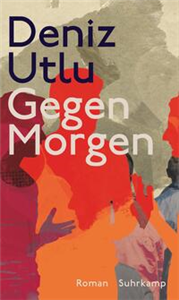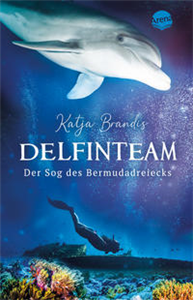Institut Ramon Llull
Literature Department Grants Literature Translation Grants for the translation of Catalan literature: fiction, non-fiction, children’s and YA books, poetry, theatre and graphic novels. Recipients: Publishers. Literature Promotion Grants to promote abroad Catalan literature (fiction, non-fiction, children’s and YA books, poetry, theatre and graphic novels), including participation in international literary festivals and presentations and promotional plans for works in translation. Recipients: Publishers, Literary Events Organizers. Illustrated Books Grants for the publication abroad of illustrated books by illustrators settled in Catalonia or the Balearic Islands. Recipients: Publishers. Samples & Booklets Grants to translate samples of works written in Catalan to produce booklets for promotional purposes. Recipients: Catalan Publishers, Literary Agencies. Translators in Residency Grants for translators working on translations from Catalan to stay from two to six weeks in Catalonia. Recipients: Translators. Travel for Writers and Illustrators Grants for writers and illustrators to finance travel costs to carry out literary activities, to which they have been invited. Recipients: Writers in Catalan and illustrators with at least two books originally published in Catalan.
View Rights Portal





























